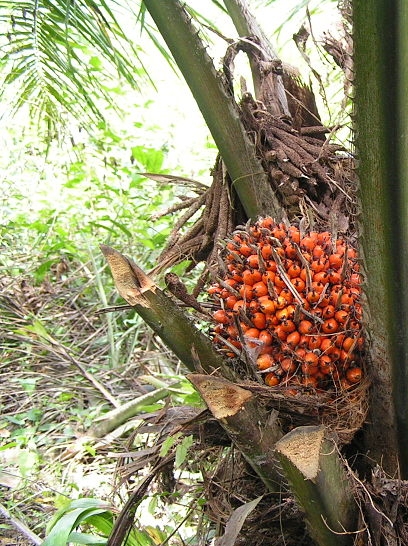
One of the biggest concerns for any animal's (or person's) diet is balance, or completeness. A balanced diet means getting all of the nutrients required to thrive, not just survive. This is part of the genius of a pellet diet - food ingredients, vitamins, and minerals are all blended together in exact proportions so there's no need to worry about supplementing with too much or too little.
However, some vitamins are tricky to include in a dry food, in particular Vitamins A and E. And synthetic or concentrated sources of these two vitamins carry a risk of toxicity, because a dose that's large enough to help is very close to a dose that can make a Parrot sick.
Red Palm Oil is made from the naturally orange-coloured pulp of the Red Palm fruit. It provides natural precursors to Vitamin A and Vitamin E, along with fatty acids, heart-healthy coenzymes, and antioxidants. Since it's a natural food, there's no risk of vitamin toxicity - the precursors are metabolized into the correct levels of vitamins by the Parrot's body, and any extra passes through as waste.
The oil palm tree, Elaeis guineensis, originated in West Africa and is a part of the natural diet of many African Parrots, including some species of Poicephalus. A cousin to the oil palm is native to South America and its fruit is one of the dietary staples of many Neotropical Parrots such as Macaws. Wild Hyacinth Macaws in particular are known to savour these palm fruits, as well as the red palm fruits that have been introduced by farmers.
Most Parrots love the taste of Red Palm Oil, so it can also be used to encourage them to try other foods, such as vegetables or pellets. .
